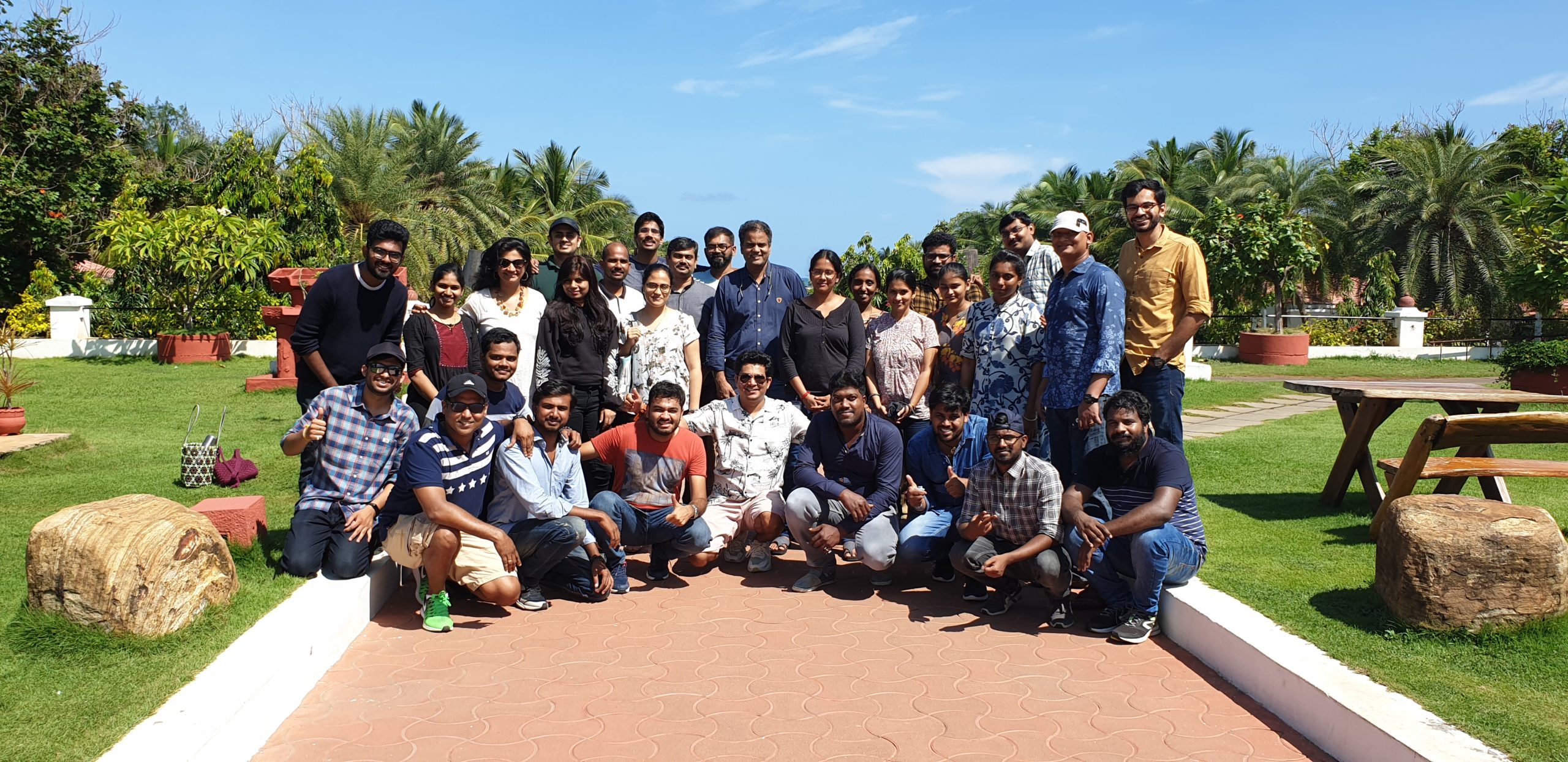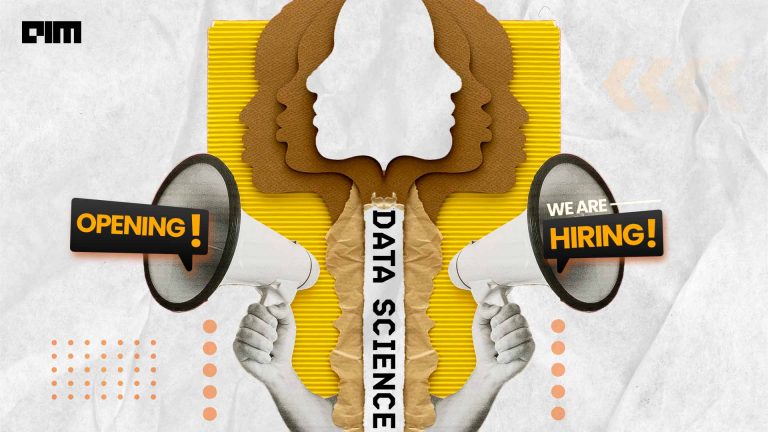With the government bringing up a startup-like approach for the e-commerce system in India, the industry has been steadily on an upward trajectory. Although 80% of the transactions have still been in cash, in 2020, UPI has shown promising growth by reaching 1.3 billion in transactions and a 7% growth in the value of transactions to ₹2.16 trillion. And PayPal has been a significant player in this cut-throat market with approximately more than 33.8 million transactions per day and $22,577 payments every second. Not only that, at the end of 2019, PayPal had a total of 305 million active accounts with a total payment volume of $712 billion.
With the increasing use of mobile phones and simple payment methods, India has a lot of potential when it comes to the digital economy. PayPal is planning on capitalising it and replicating their global vision of democratising financial services.
Leveraging AI and ML technologies in areas like risk, marketing, customer service, PayPal is continuously looking towards pushing the boundaries in the payments market, so we got in touch with Chandramouliswaran V, Sr. Director, Global Data Governance and Regulatory Technology and Center Head, PayPal Chennai for our weekly column Deep Dive.
PayPal Products and The TechStack
In India, PayPal offers two types of accounts: shopper accounts and merchants account.
While the shopper account lets users’ process payments locally and globally with merchants who support PayPal with the best in class protection in fraud, the merchant account allows the merchants to accept payments with no initial set-up or maintenance cost.
For the tech stack, PayPal runs one of the most massive hybrid-cloud environments in the world. It hosts multiple technologies in each layer and function. Around 2700 applications are running over 20000 servers with 238 PetaBytes of storage.
They use relational and non-relationship databases like RDBMSs Oracle Parallel Server, MySQL, NoSQL, Couchbase, MongoDB and Cassandra. Besides, for big data and analytics PayPal uses Hadoop, Apache Spark, Elastic Search, Druid and Teradata.
For the frontend, it leverages React, Node.js/kraken framework with Javascript programming. The backend tech stack is primarily based on Java with Springboot framework and REST, with other options being Go and Scala+Akka.
How PayPal uses AI and ML
Just like traditional financial institutions, PayPal used logistic regression for fraud detection. However, now it leverages advanced techniques like gradient boosted trees (GBTs) to improve its accuracy of ML models.
Recently, it has started to turn to more advanced AI tech like deep learning, active learning and transfer learning with their ‘Risk AI’ journey. As a result, it has been continually achieving 10-20% more accuracy over other traditional ML approaches in real time fraud detection.
PayPal also helps its employees get familiar and learn new technologies like AI, ML, and blockchain, along with advanced courses on languages to build their stack team towards the area of AI.
Hiring Talents
PayPal has its largest technology centre in India apart from the US and is on a constant lookout for top talents when it comes to software developers, architects, user experience engineers, web developers, data scientists, analyst and operations among several other positions. PayPal hires both laterally, and from Universities.
In the last few years, their key addition for upskilling and research is the ‘Innovation Lab’ it opened in Chennai and Bangalore. These labs support projects in sectors like machine learning, artificial intelligence and IoT, among others. Employees can build projects on their concepts or ‘proofs’ on their concepts before taking it to the leadership.
The Roadmap
With customer satisfaction and trust as their focal point in India, PayPal plans to increase from its staggering 33 million transactions per day mark in India. “We continue to invest in our research and data capabilities as this is an evolving space and we need to challenge our scientists to stay ahead of the fraudsters,” says Chandramouliswaran. “PayPal is committed to further enhancing its platforms by integrating AI and ML for enabling users and merchants to make seamless payments.”



















































































